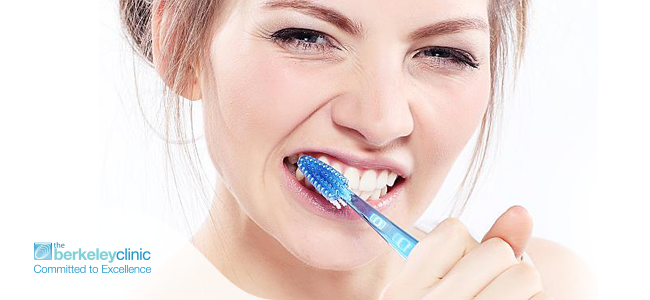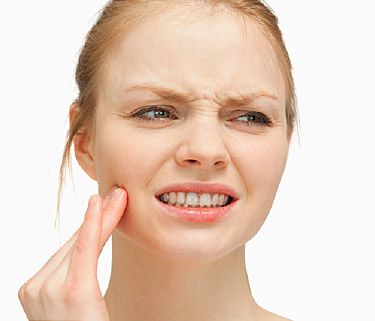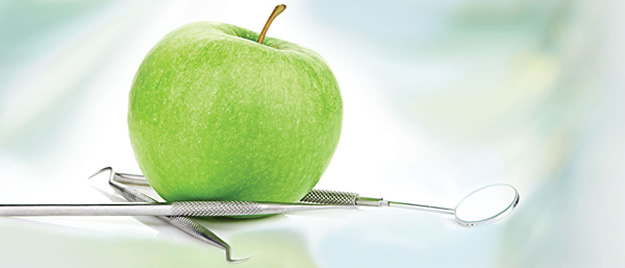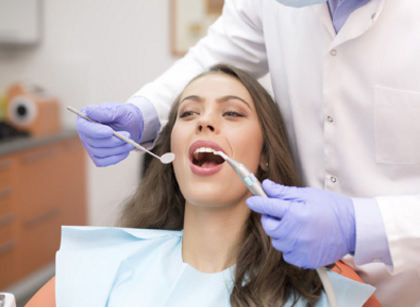Excessive Brushing Can Do More Harm Than Good
Brushing your teeth is essential, but it’s easy to go overboard. If you’ve ever wondered, “Can you bursh your teeth too much?”. then the surprising answer is yes!
In fact, as many as 88% of us brush our teeth too much, which ironically leads to the very dental health problems we’re trying to avoid. Here are five signs to look out for if you’re concerned about excessive teeth brushing.
1 Bleeding gums
If you see a streak of red every time you spit, you may be damaging your gums by pressing too hard or brushing excessively.
Bleeding gums often happens when the thinnest layer of gum over the tooth is irritated and damaged, which can happen when you brush too often to let the gum heal itself. If you have dental implants, you may have damaged the sensitive layer of gum and exposed the abutment of the implant.
Pay close attention and see your dentist whenever you think your gums may be damaged.
2 Sensitive teeth
If you have had sensitive teeth in the past and achieved relief through medicated toothpastes or dental treatments, yet sensitivity returns every few weeks, you could be overbrushing.
Brushing too vigorously or too often wears away the tooth’s protective enamel coating, exposing sensitive nerves to cold and hot temperatures. Oral health professionals will be able to tell right away if your tooth enamel is damaged, and can offer advice on how to fix the problem.
3 Brushing after meals
In a somewhat cruel irony, the advice many of us were given when we were younger has been shown to do more to damage teeth than protect them.
Some of us still brush after every single meal, in addition to just after waking up and just before bed, meaning some people brush a staggering 5-6 times a day!
Not only does the regular brushing damage tooth enamel and may irritate gums, brushing after a meal means teeth are being worn down when acid levels are at their highest. Sugary and acidic foods will soften the enamel during the course of a meal, and brushing afterwards only wears teeth down faster.
Lessen the harmful effects by brushing before a meal, if you feel you must, but this is no longer considered essential.
4 Orthodontic problems
Orthodontic treatments cause many to become paranoid about their teeth.
While it is true that braces and dental implants need extra care to remain healthy, overbrushing areas that have had sensitive work carried out can cause even more damage. Don’t run the risk of misaligning your braces, knocking dental bridges or wearing down cosmetic treatments as this will only mean more visits to your dentist and potentially complicate future treatments.
If you’re experiencing problems with your orthodontics, please drop into our Glasgow clinic and one of our dentists will be happy to advise you.
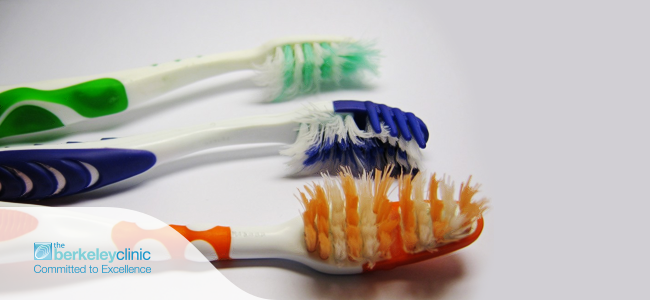
5 Damage to your toothbrush
Dental experts recommend changing your toothbrush every 3-4 weeks, as bristles will wear down in that time creating minute serrated edges which damage teeth’s surface. New toothbrushes are manufactured to have bristles with rounded tips, which are easier on teeth and more effective for cleaning.
If you find you’re replacing your toothbrush more frequently, it could be a sign of excessive brushing. Watch for ‘splaying’ bristles, a sure sign that you’re pressing too hard or brushing too frequently.
Visit Berkeley Glasgow
Here at the Berkeley Clinic in Glasgow, we are experienced in a wide range of oral health issues and can offer treatments and advise to suit your lifestyle.
Overbrushing is a good habit gone bad, so if you suspect you may be damaging your teeth then get in touch with our Glasgow dental clinic for some friendly, professional oral health advice.
Tags: best way to clean teeth, brushing teeth, Dental Clinic, Glasgow, over brushing teeth, overbrushing, receding gums teeth cleaning, scotland, sensitive gums, teeth cleaning, Toothbrush


